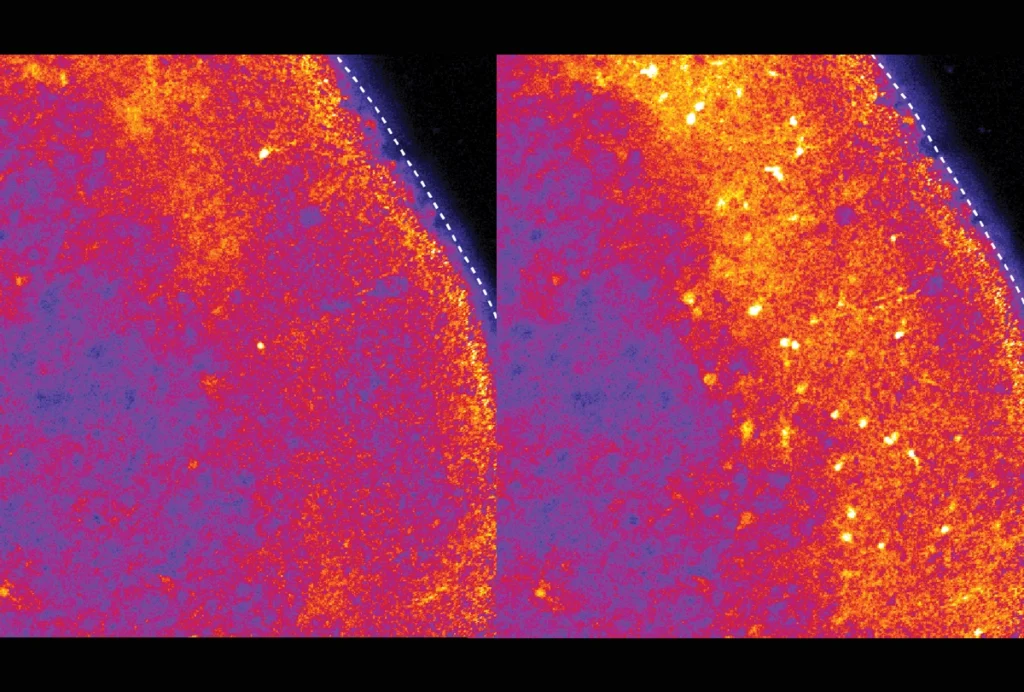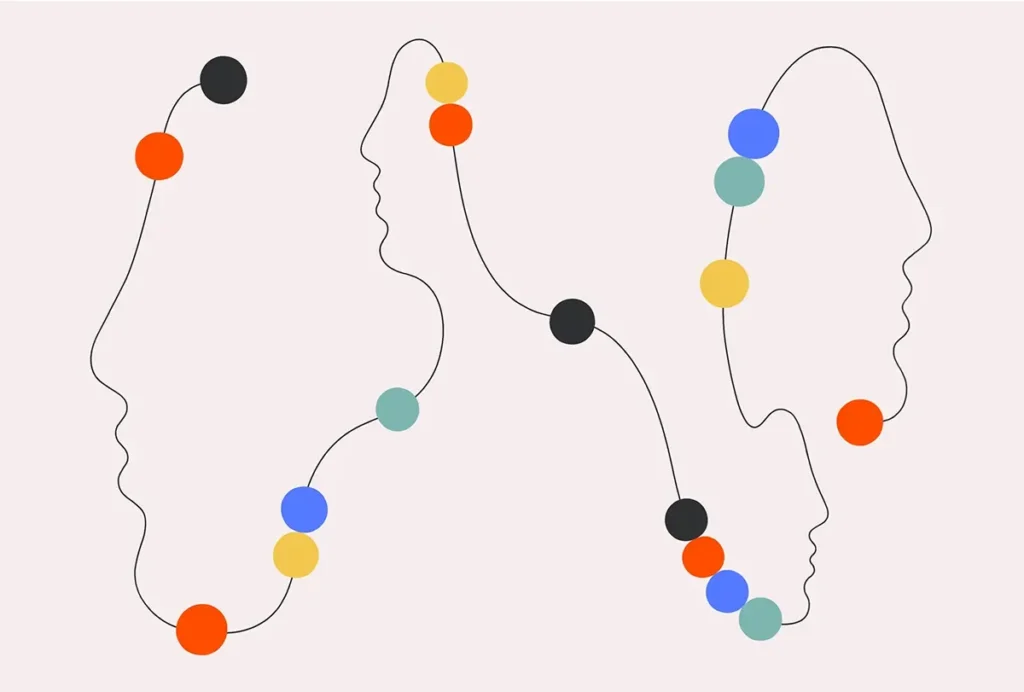More work by a group of researchers at the University of Maryland with nine retractions due to concerns about participant consent is under investigation, Spectrum has learned.
“A number of papers are currently under review and any additional retractions will be made public once the review process is complete,” a university spokesperson told Spectrum in an email.
Earlier this month, a psychology journal retracted eight studies conducted by editor-in-chief Dennis Kivlighan Jr. and his colleague Clara Hill because of failure to obtain participant consent. The journal’s publisher, the American Psychological Association (APA), also retracted a paper from another title, with eight more retractions planned for the rest of the year. Kivlighan and Hill are both professors at the University of Maryland in College Park.
The initial batch of retractions came after an investigation by the University of Maryland Institutional Review Board found that the studies used data from between one and four people “who either had not been asked to provide consent or had withdrawn consent for their data to be included in the research,” according to the retraction notices.
The nine papers that have been retracted so far were published in the Journal of Counseling Psychology and Dreaming. The eight other planned retractions will appear in those titles as well as in Psychotherapy; no additional papers in APA journals are being investigated, according to an APA journals representative.
The papers under review include some published in Taylor & Francis journals. “We take ethical concerns around our journals seriously, and can confirm that we are investigating some articles by Drs. Dennis Kivlighan and Clara Hill. However, until that investigation concludes, we are unable to comment further,” a journal representative told Spectrum in an email.
T
“It’s a big deal not to have gotten consent from some proportion of research participants,” says Paul Appelbaum, professor of psychiatry, medicine and law at Columbia University, who was not involved in the retracted studies or the ongoing investigation.
Typically, psychotherapy research requires written consent from the participants, Appelbaum says. Often, someone other than the therapist will handle obtaining consent so the patient does not feel coerced into participating. “It’s very difficult to understand how one could accidentally not have gotten consent,” he says.
It’s possible for this type of situation to be the result of an organizational oversight or mistake during data analysis, Appelbaum says, but that becomes less likely as more studies are implicated.
“The broader the scope of the failure to obtain consent, the stronger the inference of a deliberate as opposed to an accidental series of occurrences,” Appelbaum says. “One could understand how in a single study, there was a misunderstanding with regard to who was or wasn’t a participant. But if that’s true across a larger number of studies, it begins to suggest a troublesome pattern.”



